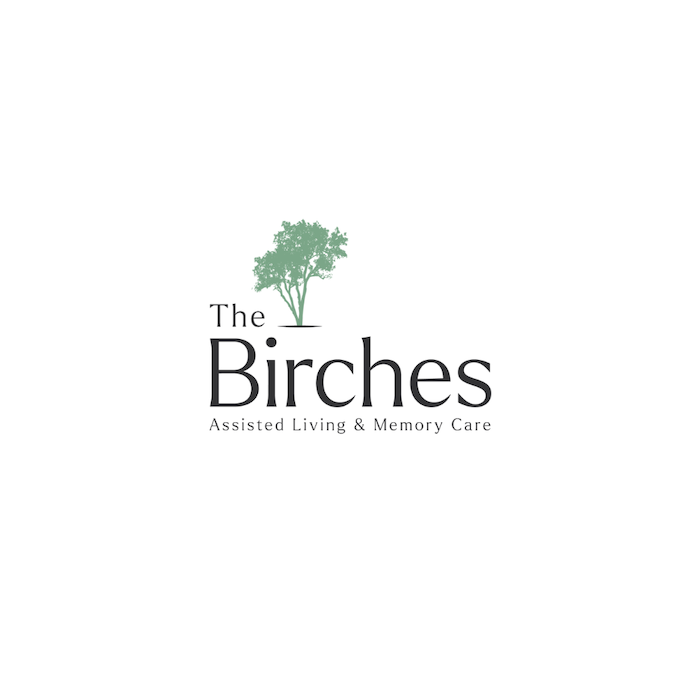I know I can build up my stamina by walking. Can I build up my Brain by thinking? Is Mental Gymnastics for real?
The Brain — is wider than the Sky — For, put them side by side — The one the other will contain With ease — and You — beside — Emily Dickinson.
In this poem, Emily Dickinson (1830-1886) uses the size of the sky (limitless) as a metaphor for the size of the Brain. But as we age, scientists tell us that we lose brain tissue, arteries harden, and memory, reasoning, and abilities lessen. Is there any way around this?
Research continues, but it appears there is clear evidence that Uses it or Lose It applies to our brains as well as the rest of our bodies. Here are the strategies that the Alzheimer's Association recommends. They are endorsed and developed by the U.S. Government's Centers for Disease Control and Prevention. To summarize: stay active and eat well. Here is a little more detail.
A recent large study showed that people who engaged in leisure activities that combined physical activity with mental and social activity were most likely to avoid dementia and the progression of dementia. It only makes sense. Dancing and bird-watching are good examples of physical, mental, and social activity.
Keep moving. Just like physical exercise helps with blood flow to the large muscles of the arms, legs, and back, physical activity can help with improving blood flow to the brain 'muscle'. Thirty minutes a day is a good target, and it does not have to be strenuous exercise. It will do a body (and Brain) good.
Eating well means maintaining a good body weight. Obese people are more likely to develop dementia. Reduce your cholesterol to help with blood flow and protect your brain cells.
There are many new computer-aided exercises and brain fitness programs. Their inventors claim using these programs will help 'ward off' dementia. More and more evidence is developing that these games and activities work. Many retirement communities and other settings are providing these for use by their residents. And some of the games look like lots of fun, too. One company is Posit Science. Their approach involves sound commands and involves following instructions on the computer – something like following directions in your car.
Can you exercise your brain without breaking a sweat? Maybe so. The physical movement might also be able to help. More research will open more doors soon. Stay tuned!
